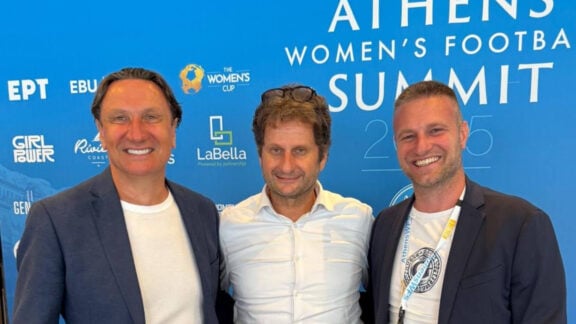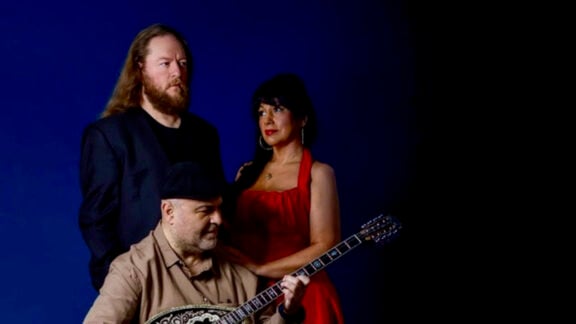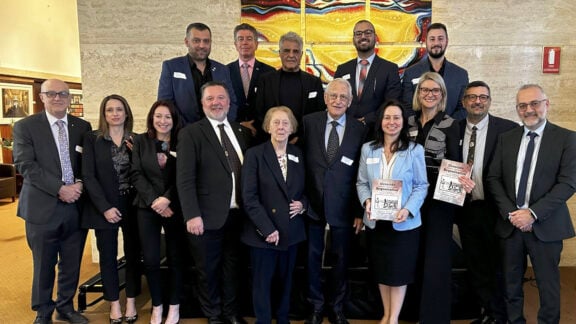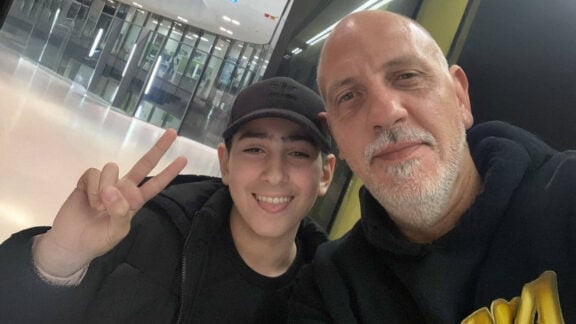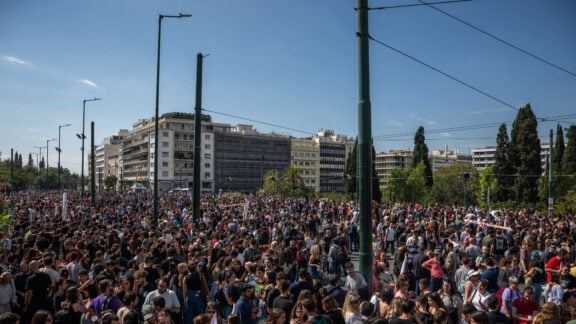Question: what are 23 actors and a diplomat doing at the Queen Victoria Gardens on Saturday?
Answer: They are all part of one of the most ambitious and exciting theatre and literary projects to have ever taken place in the city; they will each take turns reading a rhapsody of the Odyssey, Homer’s seminal epic poem, in a marathon performance that will last from 11.00 am to 11.00 pm.
The actors in question include some of Australia’s most popular and acclaimed stage and screen performers, including Kate Kendall, Caroline Lee, Neil Morris, Neil Pigot, Richard Piper, Melodie Reynolds, Dimity Sheperd, Magda Szubanksi, Sigrid Thornton and ‘uncle’ Jack Charles – as for the diplomat, it is none other than the Consul General of Greece in Melbourne, Dimitrios Michalopoulos who actively endorses this initiative to celebrate the cornerstone of Greek literature – and indeed, the western civilisation.
“We thought that this is a chance for people to have an experience of the Odyssey, in a way that they would never had before,” says Helen Madden, the mastermind behind the epic reading.
As head of the Stork Theatre Company, the Melbourne institution that has been championing classical works for more than three decades, Madden has hosted countless readings of Homer’s works.
“The Stork Theatre has been doing readings of the Iliad and the Odyssey for 18 years now, in two-hour format,” she explains.
“We found that people were so entranced and loved it. We didn’t even have to advertise it much, it just kept being booked out.”
The idea to move from two-hour performances to a 12-hour reading of the whole poem presented itself when a new translation of the Odyssey emerged last year by Professor Emily Wilson of the University of Pennsylvania – the first translation ever to be made in English by a woman.
“It is a very clear, fresh translation which reveals all the other actors in the Odyssey, that were a bit obscured by this swashbuckling hero; the underclass, homelessness, poor people, the sense of place; it also uncovers the role of women in Odysseus’ travels whether human or divine and we discover that they all had agency and personalities. Even Athena is sometimes very human in her dealings with Odysseus, she is very manipulative and clever and as scheming as he is – and she is often flirtatious,” she says.
“Odysseus himself is revealed in this translation as a marvellous, complicated man in a complicated world and in that sense he’s a very contemporary man; he cries a lot, he is moved by poetry and song and he weeps for his family that he’s estranged form and he longs to get home. Calypso even offers him immortality, if he would stay with her, and the fact that he refuses is very important in terms of western literature. He refuses to be a god and be happy for the rest of his days, choosing instead to be mortal and all that it entails and he chooses to go home to Penelope, to Telemachus, to his father, his family and his kingdom. And then he sets off on possibly another journey. This is wonderful, in a sense that maybe the real journey in life is one that never ends, because life is full of excitement if you are curious enough. Odysseus is complicated and he is trying to find answers to these eternal questions: where am I going? How do I get there? How do I stay the course? How do I get home?”
This is partly the reason behind the Odyssey’s enduring appeal, which makes it significant in today’s context.
“There is a sense that people are believing less in modern gods, less in traditional ways of understanding where we come from,” Madden says, venturing an explanation.
“They want to go back to the source of all of our ideas of western civilisation which all goes back to ancient Greece, to find enlightenment. If we go back to the source, we might actually learn why it is that these ideas are still important, why it is that these stories gave inspiration to poets and artists for more than 2000 years.”
Particularly Melbourne “has a bit of a love affair with Homer,” she adds, attributing it to the “affinity between the city and Greece,” the homeland of a large part of Melbourne’s population.
“Melbourne people love all things Greek – modern or classical.”
Madden hopes that Melbourne will take this event to its heart: “We’d love it to become a frequent event in Melbourne and a destination event for travellers and tourists,” she says, stressing that this is by no means an ‘academic’ event.
“You don’t have to be an academic, or know anything about it. You don’t have to come there with preconceived ideas or dress in the right way,” she says.
“It’s so entrancing to watch theatre in the open air; it is not exclusive, it is not indoors theatre, the actors will not be dressed up. You can come to the gardens opposite the National Gallery, bring your picnic and a cushion and stay for as long as you like. There is something very democratic about it, we are going back to that ancient format where theatre began. It is just storytelling in the open air and that is just pure magic.”

